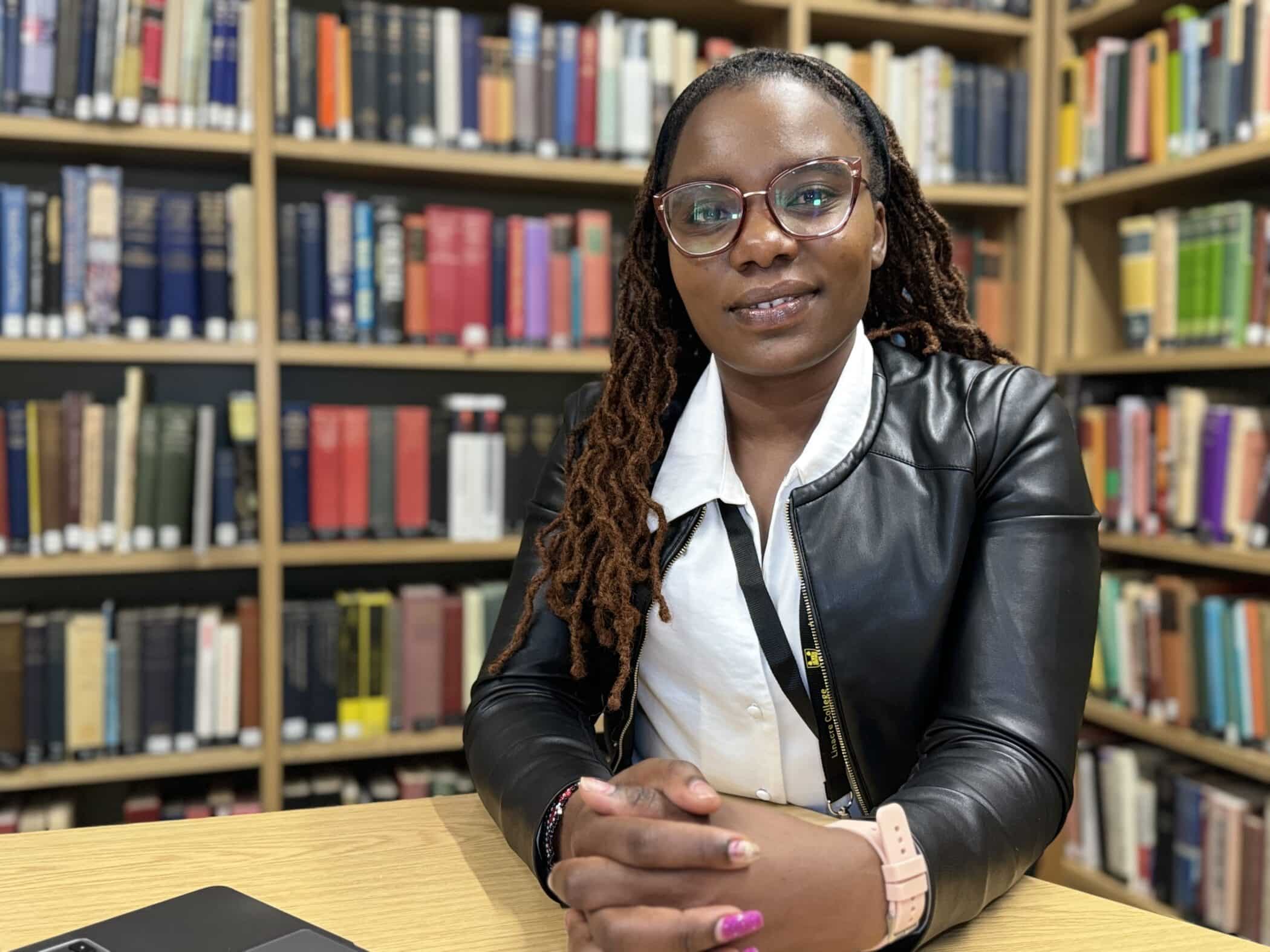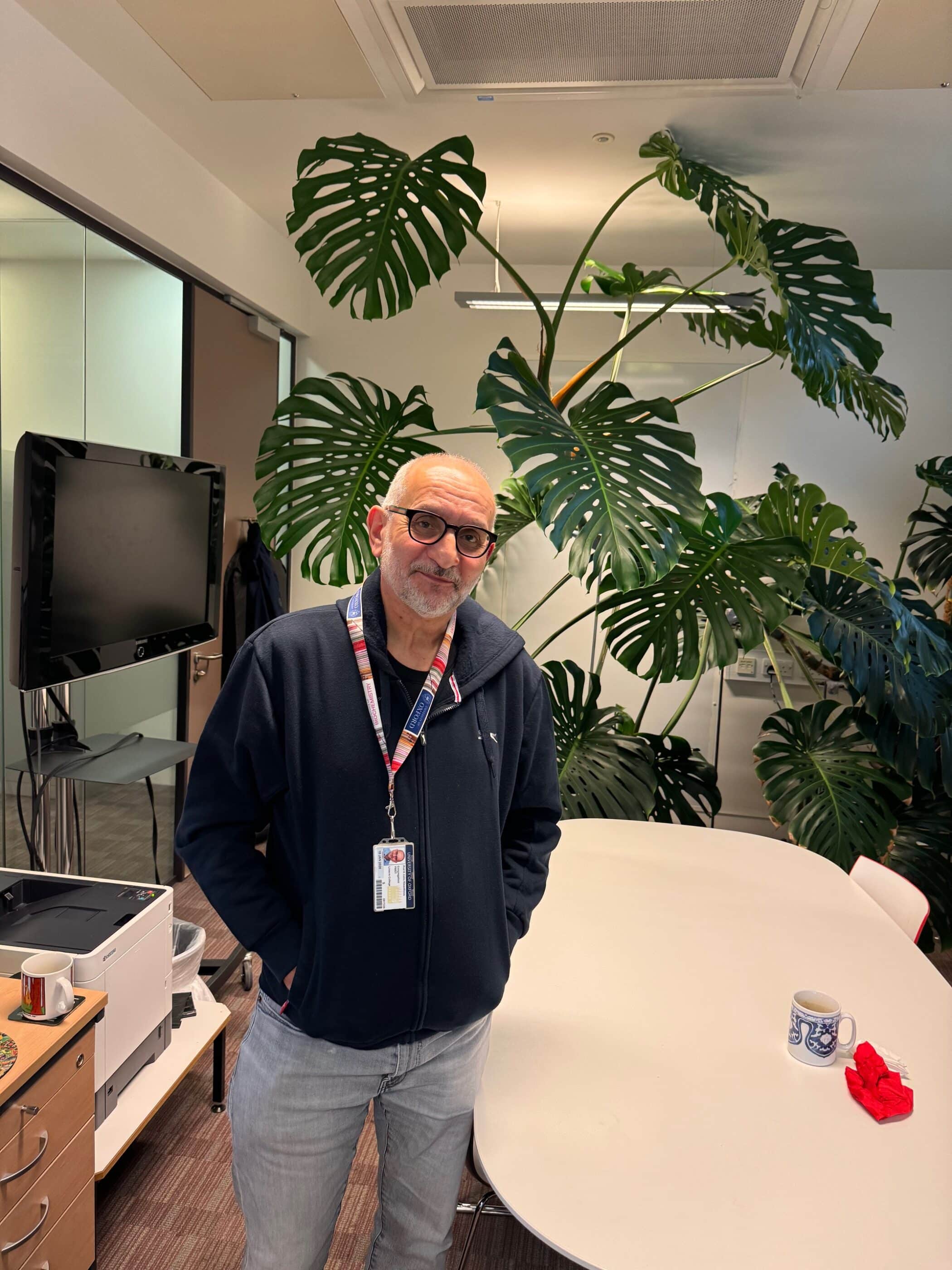Few of us realise how much water it takes to get us through the day. It is easy to see rural communities that depend on the vagaries of surface water (rivers) as backward and left behind by progress. However, the truth is quite the opposite. It is them who understand the struggles and the reality of lack of access to safe and clean water. Born and raised in the countryside of the western region of Kenya (Kisii highlands in Nyamira County), I grew up in a blush green and mountainous region. Some of the greatest adventures while growing up included heavy rains and thunderstorms, running to collect fallen branches from flowing rivers to use as firewood, and children swimming freely in overflowing rivers after school. Yet something disturbing has been changing – water levels have been declining, long queues forming and women spending hours in the quest for water. This vision and an enthusiasm to work in the water sector has led me to think beyond my local region to marginalised communities in the Horn of Africa who are immensely affected by prolonged droughts and floods. The old geographies of how rivers emerge from the mountains and meander down the flood plains and finally disgorge their bloated flows into the ocean is a fiction in Kenya’s ASALs. Many rivers are dead, and many women have been adversely affected by the impacts of climate change.
“Nothing, perhaps not even climate change will matter more to humanity’s future over the next century than the fate of access to clean and safe water. Although my research is about water, it is also about rural water communities in the Horn of Africa, a region adversely affected by climate change with staggering impacts on women and young girls who are limited by lack of time to engage in economic activities, dropping out of school, early child marriages, and water related disease which significantly increases social deprivation and injustice”
My journey of self-discovery led me to pursue a dissertation researching rural drinking water safety from the users perceptive. Evaluating new innovations likely to disrupt the existing ecosystem in rural water service delivery in developing countries and providing recommendations to restore deprivation and social injustice of water poverty in rural ASAL areas. As I started thinking about my research journey, Prof Katrina Charles and Dr. Saskia Nowicki (School of Geography and the Environment) were instrumental in defining my research direction and overall objectives. Furthermore, I made external consultations with Dr Nancy Balfour (Director at the Centre for humanitarian Change, Kenya) and Dr. Sara Marks (SANDEC-Swiss Federal Institute of Aquatic Science, Switzerland) who are both renowned experts doing tremendous work in rural water safety, climate change, conflict and fragility in development and challenging contexts. Conducting these conversations, early last Michaelmas Term, led me to competitively apply for the prestigious Fredrick Mulder Prize fund at Linacre as soon as the call was out for applicants in December 2023.
Through my supervisors, I was also awarded funding from the MRC PHIND project and fast forward to the summer of 2024, where combining both grants supported travel and fieldwork expenses for 7 weeks in Kitui County, Kenya. While conducting my fieldwork, I held conversations with women and men striving to access safe and clean drinking water. I worked with FundiFix (a local private service provider) incubated by the REACH program – an initiative led by the University of Oxford to improve the reliability and safety of drinking water in marginalized contexts. I also had the immense privilege of mentoring a group of young female water professionals from the ASAL areas via a program run by FundiFix Limited. This was an opportunity where I was excited to pass out knowledge to the future leaders in the continent.
Fredrick Mulder is a great philanthropist on climate change, social deprivation and injustice and I felt privileged to meet him before my travels. The award has helped me to tread my hopeful journey, “nonetheless, I am an optimist” to make a greater societal impact. It has provided me with an opportunity to gain insights which have the potential to upgrade the spiral of environmental decay, economic decline, increased conflict and outward migration to unsafe water sources. I am grateful to have been a recipient of the Fredrick Mulder Prize and also to Linacre’s commitment to supporting and amplifying scholars who are interested in environmental complexities which trickle down the dimensions of equity and injustice.


















